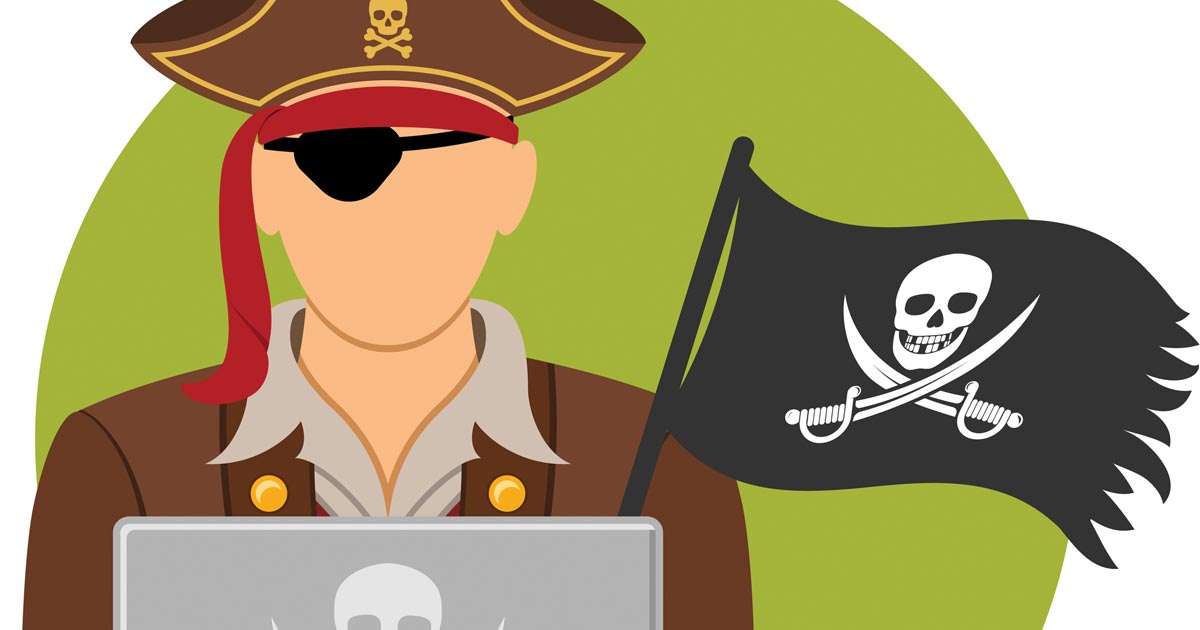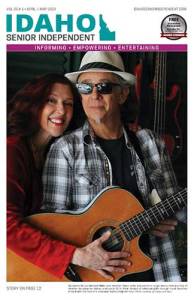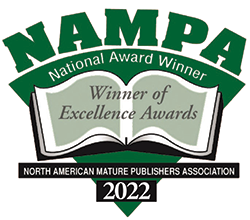Pirates sail the internet seas, looting and plundering treasure from a surprising source: obituaries.
What is the treasure? Personal information that pirates use to scam the grieving family and friends or steal identities.
What data can criminals mine from most obituaries?
- Full name (including maiden name)
- Dates of birth and death
- Place of birth; place of death
- Full names of parents (including mother’s maiden name), siblings, spouses, children, grandchildren, predeceased family members, even pets;
- Schooling
- Military service
- Employment history
- Medical information, such as cause of death
- Miscellaneous personal tidbits like hobbies, travels, special talents, etc.
Useful Information
When a bank wants to verify the account holder’s identity for opening or accessing an account, what do they ask for? Your mother’s maiden name. Common passwords to online accounts also include the names of children, grandchildren, and pets—all of which can be found in an obituary.
Death certificates were once public records, but because of identity fraud, access is now often limited to next of kin.
Obituaries, on the other hand, contain similar information and are available to billions of people with internet access, including professional fraudsters who use it for their own gain.
When a person dies, many government agencies must be notified, including county, state, federal, Social Security, Medicare, Medicaid, IRS, and, if applicable, the Veterans Administration. Additionally, property ownership records, vehicle titles, insurance policies, investments, pensions, bank accounts, and numerous other assets need to be transferred to heirs. Notice of the death must be published, so creditors can submit claims on the estate.
Red tape resulting from a death opens many doors for scammers. What are some of their tricks?
Information scraped from obituaries can be used for identity theft.
Spoofing Fraudsters
Thieves use a technique termed “spoofing” to manipulate caller IDs to make it appear that the IRS, Social Security, or other official agencies are calling. Because fraudsters know a great deal of personal information (gleaned from the obituary), they convince bereaved widows, widowers, or heirs that estate taxes or other debts are due and must be paid immediately. Victims may be conned into giving credit card numbers, PINs, and security codes, allowing thieves to run up charges. Scammers may also demand payment by gift cards or wire transfers because that money cannot be traced or recovered.
Obituaries that appear on websites of legitimate funeral homes can be lifted and pasted onto bogus websites. There, criminals solicit donations to help the surviving family with expenses. Of course, the money goes straight to the scammer, not the bereaved.
In a different variation, they may offer virtual candles, flowers, or trees for sale as tributes to the deceased. When collected from thousands of obituaries, even a dollar per flower adds up to big profits.
Extensive personal information about most people is already available on the net, so why not publish an obituary? For the same reason you lock your doors. Determined criminals can still break into your home, but you don’t want to make it easy for them to victimize you.
Private Obituaries for Safety
How does a family pay tribute to a loved one yet safeguard against the risks of public obituaries?
Lee Darlington, owner of Darlington Cremation and Burial Service in Kalispell, recommends making notifications by email or private groups on Facebook and other social media, where access is limited to family and friends. If survivors choose a public obituary, Darlington suggests keeping the information to a minimum: name, age (not date of birth), city or town of residence, date, time, and location of services.
Cybercriminals have no scruples about targeting victims at their most vulnerable point—after the loss of a loved one. ISI










